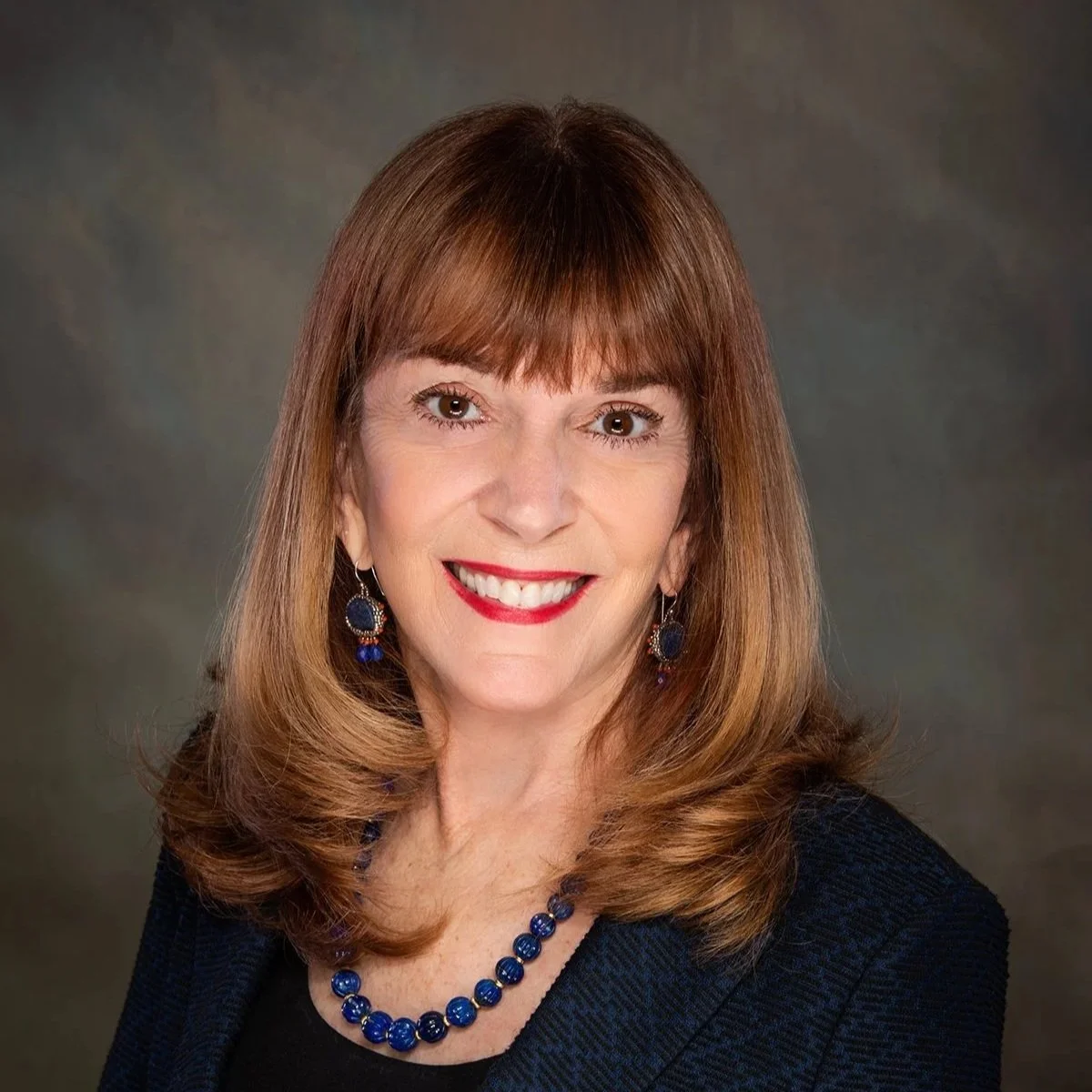The Different Types of Addiction and What You Can Do About It
by Dr. Donna Marks, Palm Beach, FL
Chances are, anyone facing serious physical or mental health issues is often an innocent victim of addiction. They are not alone. Nearly half of the world struggles with some form of addiction (unlike a bad habit, there are repeated negative consequences) without ever recognizing the root cause of their poor physical and mental health. Addiction not only impacts the person suffering from it but also affects loved ones, employers, and our entire society.
The list of addictions continues to grow. Currently, worldwide, there are 80 million gambling addicts, 400 million alcohol abusers, 1.6 billion individuals with food addiction, 400 million people struggling with sex addiction (with an ever-increasing rise due to pornography), 39.5 million nonprescription drug abusers, 14.3 million prescription drug abusers in the U.S., 1.3 billion tobacco users (80-90% of whom are addicted), and millions of tech addicts, This list doesn’t include caffeine, shopping, and love addiction, illegal drugs, and the many other vices that people have found themselves dependent upon.
These dependencies are at the root of most mental and physical health issues. According to the World Health Organization, heart and lung disease, cancer, stroke, Alzheimer’s, and diabetes are the leading causes of death. While genetics play a role, most of these illnesses have a direct relationship with the excessive consumption of alcohol, drugs, sugar, and trans fats, causing permanent damage to the brain, heart, lungs, and other major organs. These negative consequences are the result of abusing such substances.
Additionally, alcohol, drugs, and sugar directly affect the brain, leading to poor mental health, For families, substance abuse increases domestic violence, psychological suffering, stress, behavioral problems in children, and legal and financial issues.
Unfortunately, rather than addressing the root causes of these physical and mental health issues, we often resort to pills, ineffective therapy, and divorce. We treat symptoms rather than causes. The time has come to open our hearts and enlighten our minds. There is a better way.
First, it’s important to recognize that no one intentionally becomes addicted. You are a victim of science. For example, the tobacco industry not only genetically engineered crops to contain more nicotine, but also added ammonia (to help the nicotine travel faster to the brain), sugar, and other toxic additives to produce stronger effects. We can’t list all the ways various industries studied the brain, but the results are clear: once you engage with any addictive-prone products, you are triggered to want more.
Now that you recognize you never intended to become dependent or addicted, you can reclaim your power. You can decide your body is no longer for sale. Instead, you are sacred, and your only desire is to treat yourself with all the love and care you would give a child. Healthy food, rest, lots of love, play, and affection are the antidotes for addiction.
Every addiction is a substitute for love. We’ve replaced feeling good about ourselves all the time with feeling good for the moment. Getting a quick fix provides momentary relief, but the hole inside can’t be filled artificially and only grows larger. Nothing can fill an inner emptiness other than self-love.
Embracing our emotions is essential for overcoming bad habits. Many people treat their emotions as if they are allergic to them. Instead of choosing to avoid the pain, we embrace the feelings and work through them without distracting ourselves or medicating. Sometimes, simply sitting with or journaling our feelings is enough. Other times, we may need to talk to a friend or seek professional help for grief or trauma.
Receiving support is crucial for staying addiction-free. Many people attempt the cold turkey approach, which rarely succeeds. Since every addiction serves as a substitute for self-love, we must replace destructive behaviors with positive ones. Otherwise, we are likely to relapse or substitute them with another dependency. This is why individuals often gain weight when they quit smoking, begin gambling when they stop drinking, or start drinking when they quit drugs.
Every addictive behavior must be replaced with an alternative. Transform your addiction into a hobby. For example, instead of eating unhealthy food, focus on cooking lessons and preparing healthy meals. Instead of smoking, delve into reading about your lungs and how to keep them as healthy as possible with exercise. Replace alcohol with healthy beverages such as health drinks or herbal teas. Engage in exercise, socialize, and materialize good self-care. Any time spent on the addiction can now be devoted to learning and growing.
Finally, it’s essential to be surrounded by other people who have successfully navigated their way out of the addiction maze. Addiction is a selfish disease; it wants to isolate us from mainstream living. To fully recover, we must rejoin humanity. There are 12-step programs for every addiction, as well as therapy and numerous self-help groups—all easily found on the internet. Why go it alone when you can get help and make recovery a more enjoyable and rewarding opportunity?
You are here for a reason and a purpose, and it’s not to suffer. It’s never too late to have a happy adulthood and that can start now by reclaiming your power and having the life you were meant to have. Your freedom is worth the effort.
Dr. Donna Marks is the author of Exit the Maze: One Addiction, One Cause, One Solution. She has been a licensed psychotherapist and addictions counselor in Palm Beach, FL, for over thirty years. In 1989, Dr. Marks developed a chemical dependency training program at Palm Beach Community College, which has grown into a four-year degree and received the Florida Governor’s Council Award. She is also a certified gestalt therapist, psychoanalyst, hypnotist, sex therapist, and teaches A Course in Miracles, along with sharing her methods with hundreds of thousands of listeners on podcasts and radio shows. Learn more about Dr. Marks, her books, and services at www.DrDonnaMarks.com.


